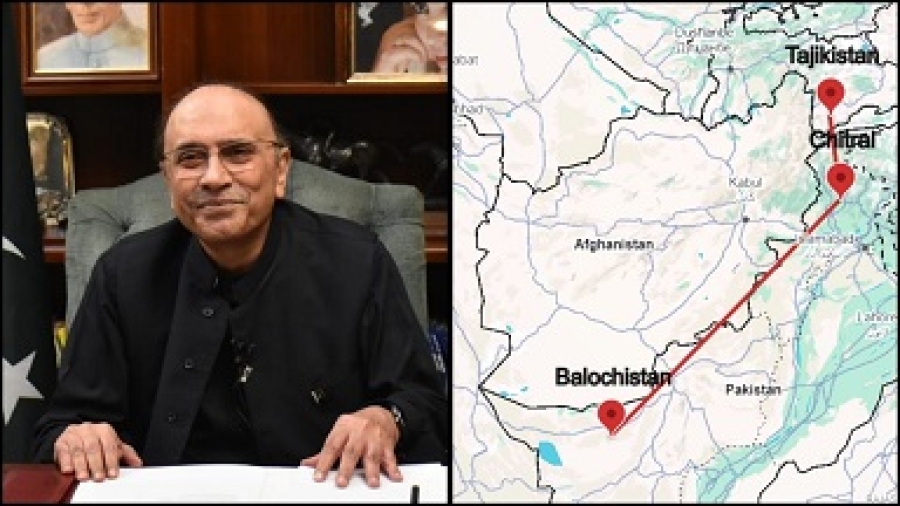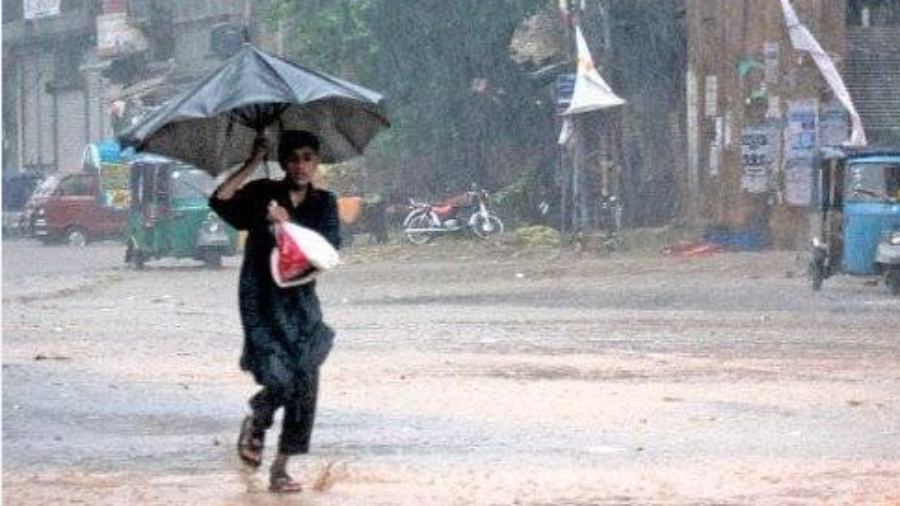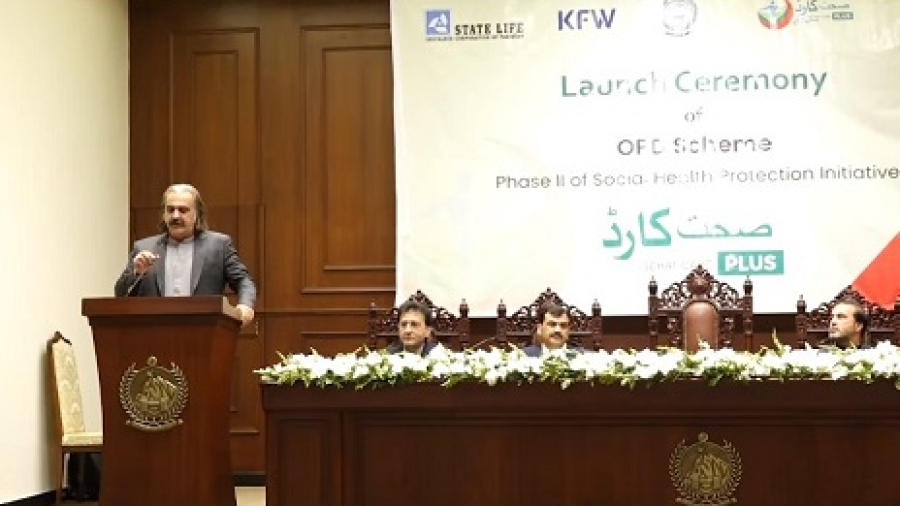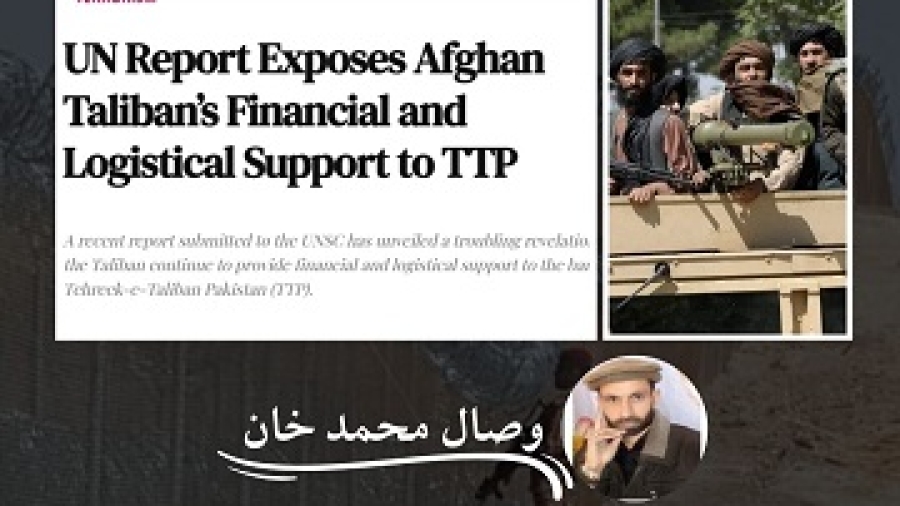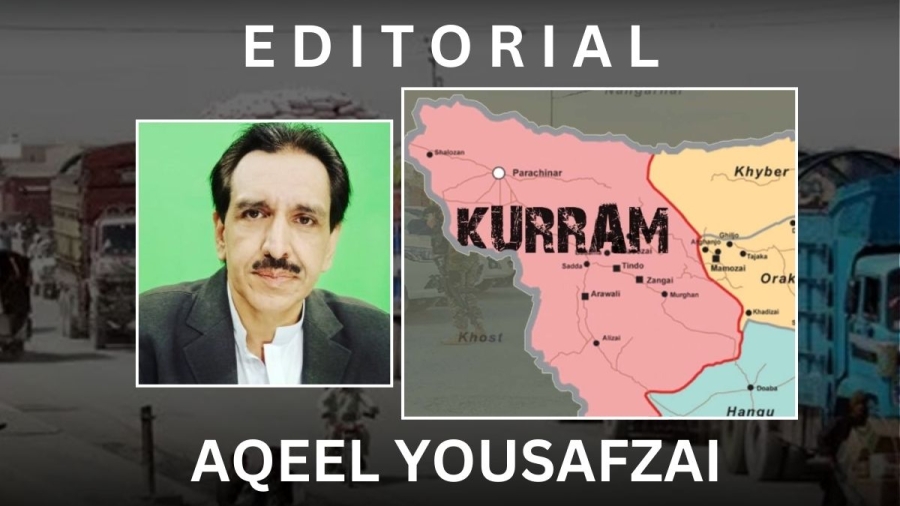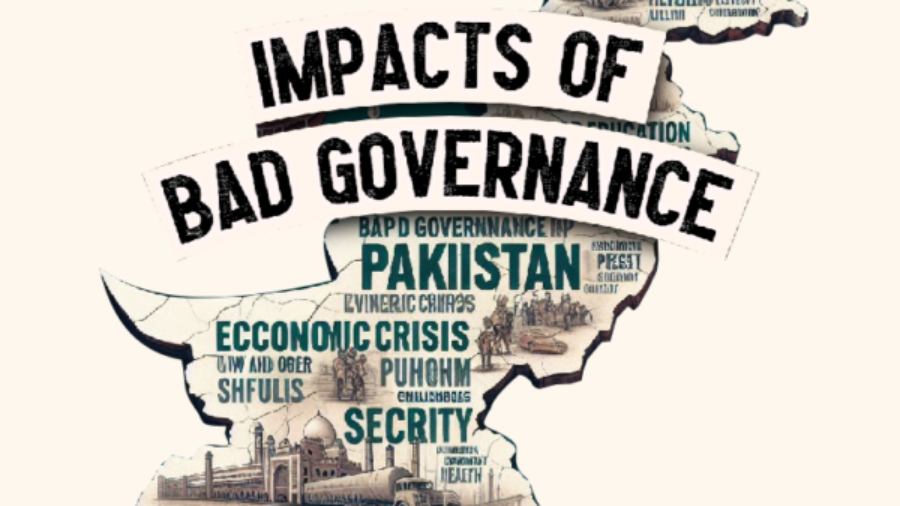Negative politics significantly undermines governance, which often revolves around partisanship, corruption, manipulation of public institutions, and emphasis is on power retention over public welfare. The effects of such politics ripple through various facets of governance and development, worsening the lives of local population. Some important facets are;
1. Erosion of Democratic Institutions
Weakening of Accountability Mechanisms:
Negative politics often involves undermining institutions designed to ensure accountability, such as anti-corruption agencies, ombudsman offices, and oversight bodies. Politicians may use their influence to weaken these institutions, thereby protecting corrupt practices. This results in fewer checks on governance, leading to inefficiency and mismanagement.
Manipulation of Bureaucracy: Political interference in bureaucratic appointments and decision-making is a hallmark of negative politics. Key administrative positions may be filled based on loyalty rather than merit, which leads to lack of professionalism and reduced efficiency in governance. This undermines the bureaucratic structure and creates a culture of nepotism and favoritism.
2.Inconsistent Policy Implementation
Short-Term Focus:
Negative politics often focuses on short-term political gains rather than long-term national or regional development. Political leaders may introduce populist policies to garner votes but fail to implement or sustain those policies effectively, this is evident in erratic nature of development projects, where some initiatives are launched with much fanfare but are later abandoned or left incomplete due to shifting political priorities.
Frequent Policy Shifts: When political parties change hands in government, they often overturn or disregard policies implemented by previous administrations, regardless of their efficacy. This leads to a lack of continuity in development projects, which harms infrastructure development, healthcare, education, and other vital sectors, many hydropower projects, roads, and education initiatives have faced delays due to political infighting and discontinuity in policies.
3. Increased Corruption & Misuse of Public Funds:
Negative politics often involves diversion of public resources for personal or party gains, public funds allocated for development, infrastructure, healthcare, and education are sometimes embezzled or misused for political campaigns or personal enrichment. This exacerbates poverty and limits access to essential services for the local population.
Cronyism and Nepotism: The appointment of unqualified individuals to key government positions based on political loyalty instead of merit leads to inefficiency. Nepotism in awarding contracts for development projects and government tenders compromises the quality of services and public works, resulting in incomplete or poorly executed projects that do not serve the public interest.
4. Social Polarization and Divisiveness Political Divisions:
Negative politics often thrives on creating divisions along ethnic, sectarian, or regional lines, such divisive tactics are used to consolidate power by appealing to narrow identity politics rather than focusing on the broader needs of the population. This leads to increased social polarization, making it harder for different communities to work together for common goals.
Undermining Social Cohesion: The politicization of tribal affiliations, religious groups, or ethnic identities can weaken social cohesion in a diverse province. Political leaders may exploit these divisions to gain support, leading to long-lasting societal tensions and weakening the community’s ability to address common challenges such as education, healthcare, and security.
5. Undermining Development Delay or Obstruction of Projects: The politicization of development projects is a common occurrence, where one political party may delay or cancel projects initiated by a rival party. This obstructive behavior stalls progress on critical infrastructure, energy, and social welfare initiatives, leading to underdevelopment. For instance, large-scale hydropower and road construction projects have experienced delays due to political infighting or lack of continuity between successive administrations.
Poor Infrastructure and Public Services: Due to political maneuvering, infrastructure development is often carried out in politically advantageous regions, ignoring areas that might have greater need. This results in an uneven distribution of resources, leaving many rural or marginalized areas of without access to basic services like roads, healthcare, and education.
6. Security and Law Enforcement Failures
Politicization of Law Enforcement:
Negative politics can severely affect the functioning of law enforcement agencies, political interference in policing undermines the rule of law and often results in selective enforcement, where certain groups or individuals are shielded from prosecution due to political connections. This leads to an increase in criminal activities, further complicating governance.Rise in Militancy and Extremism: In some cases, negative politics can indirectly encourage extremism by failing to address the root causes of radicalization, such as poverty, unemployment, and lack of education. Political leaders may ignore the rising influence of extremist groups for fear of losing support from particular segments of the population, having been affected by militancy and insurgency in the past, suffers from this kind of neglect.
7.Youth Disengagement and Disillusionment
Loss of Faith in Governance:
The younger generation, particularly in regions where the youth population is substantial, becomes increasingly disillusioned with politics when they witness corruption, cronyism, and lack of transparency. Negative politics disempowers the youth, who feel excluded from decision-making processes and opportunities for social mobility.
Brain Drain and Migration: When young people see no future for themselves due to poor governance and political instability, they may seek opportunities abroad. This brain drain deprives of the human capital necessary for economic growth and innovation. Negative politics, with its short-sighted focus on power retention rather than long-term development, exacerbates this outflow of talent.
8.Undermining Rule of Law
Judicial Manipulation:
Politicians engaged in negative politics may attempt to influence the judiciary to serve their interests, undermining the independence of the legal system. This leads to a breakdown in the rule of law, where the wealthy and politically connected can avoid accountability, this results in delayed or compromised justice, particularly for marginalized communities.
Selective Justice:
In some regions , selective justice, where the law is applied unevenly based on political considerations, weakens public trust in governance and contributes to a sense of injustice. This can lead to civil unrest, particularly when politically motivated cases are used to silence opposition or target dissent.
CONCLUSION
Negative politics deeply impairs governance by eroding democratic institutions, fostering corruption, stalling development, and increasing social divisions. The country, already facing significant challenges due to its geography, security concerns, and socioeconomic disparities, suffers further when political leaders prioritize power struggles over public welfare. To achieve sustainable development, it is essential to move away from partisan, short-term politics and toward transparent, accountable governance that focuses on long-term growth, inclusivity, and the equitable distribution of resources. Ending the cycle of negative politics is critical to creating a more prosperous and stable future for the people of our country.
Written By: Engr.S.Khan



